3 lessons from a thriving social impact company
The top 3 lessons from my conversation with Manon and Raoul Becher from Starters4Communities.
Peers in episode #51 of the De Gebakken Peren Podcast.
1. Stakeholders have their own KPIs
You might want to get partners involved because it helps you or they help with funding.
But in any successful partnership, both parties need to benefit. So you need to gain a good understanding of what they’re hoping the partnership delivers.
As with the municipality and working with S4C, it was when they saw that young professionals were much more societally engaged. That was worth paying for.
2. Alumni as future colleagues
If you want to expand, in scope or geographically, you need new people on board. But who to hire?
The success of the expansion depends greatly on whether or not you make the right hire. The right person on the job makes all the difference.
In S4C’s case, they got to know the people in the programs over 5 months of working together.
They knew perfectly well if that person was up to the job. And they understood S4C really well.
The program had the side-effect that it was training their future trainers.
If you don’t have a program (who has), first hiring someone on a project basis is a great stepping stone before hiring someone as an employee.
3. Times change
Any company works because it solves a problem (or an ambition) their clients or customers have. If more players enter the market, or the problem simply becomes less of a problem, you’ll find yourself working harder to accomplish the same.
More and more programs began offering similar things to S4C’s. Starters could find a job more easily, and find more jobs where they could make an impact since more companies wanted to do good.
Even though they were still very good, the advantage they had became less pronounced. They had to see what the times were asking for. And find new things where they could be of real value.
Similarly, with my first entrepreneurial project (De Universiteit), the number of places where you could keep learning past university increased during our time running it. So much so, there was less and less demand for that part of what we offered.
Times always change.
